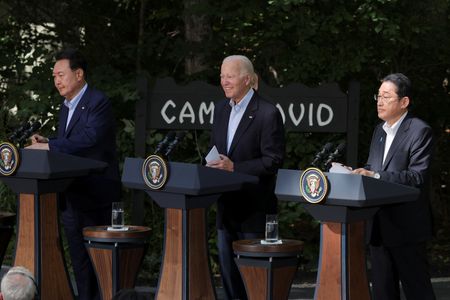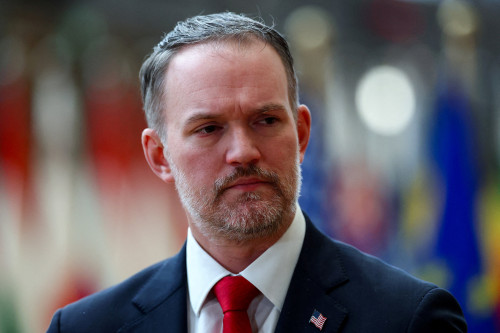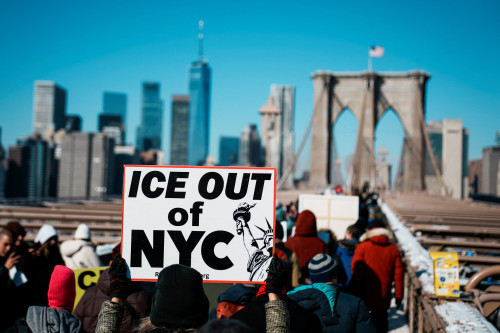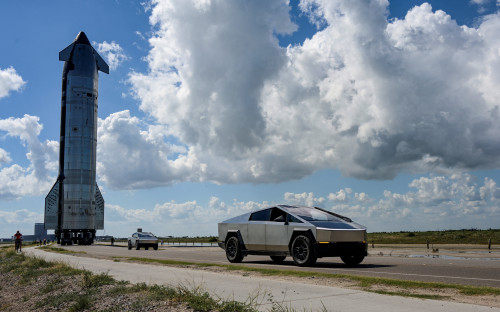By Trevor Hunnicutt and Hyonhee Shin
CAMP DAVID, Maryland (Reuters) -U.S. President Joe Biden, Japanese Prime Minister Fumio Kishida and South Korean President Yoon Suk Yeol made several pledges in an historic Camp David meeting, and issued sharp rebukes to China and Russia:
CHINA’S ‘DANGEROUS AND AGGRESSIVE’ ACTIONS
The leaders issued a sharply worded joint statement about Beijing’s actions in the South China Sea, where China has claimed territory that according to international law, belongs to other countries, and said recently it plans military drills. “Regarding the dangerous and aggressive actions we recently witnessed by the People’s Republic of China in support of its illegal maritime territorial claims in the South China Sea, we … strongly oppose any attempt to unilaterally change the status quo in the Indo-Pacific waters,” the statement said.
A NEW ALLIANCE ON ‘CAMP DAVID’ PRINCIPLES
The three leaders presented the meeting as the beginning of a new, permanent alliance pitching their liberal democracies against administrations that do not follow international law or respect human rights.
They said they would have annual meetings with top leaders, foreign ministers and other top officials, and a new communication channel that Biden referred to as a “hotline.”
A set of shared principles stresses respect for the rule of law and the U.N. Charter, and promised to act on human rights abuses and climate changes.
RUSSIA’S ‘BRUTAL’ WAR, ENERGY
The three pledged to “stand with Ukraine against Russia’s unprovoked and brutal war of aggression that has shaken the foundation of the international order,” and to continue to provide assistance to Ukraine, impose sanctions on Russia and accelerate their “reduction of dependency on Russian energy.”
MILITARY COOPERATION
The three countries will agree to “significant steps” to enhance security cooperation among them, including a commitment to consult each other in times of crisis, they said in a joint statement.
They include a multi-year military exercise plan that will be held on an annual basis, Kishida told reporters after the meeting, and deeper coordination and integration on ballistic missile defense.
A SUPPLY CHAIN ‘EARLY WARNING’ SYSTEM
The three countries agreed to set up an “early warning system,” the joint statement said, that will share information and coordinate on “possible disruptions to global supply chains as well as to better prepare us to confront and overcome economic coercion.”
It will alert nations to production shortages of goods like batteries and critical minerals, Biden told reporters.
NORTH KOREA THREATS
The three leaders spoke forcefully in remarks to reporters about the nuclear and other threats of North Korea, and said they would cooperate to counter them.
The three will also counter “potential arms transfer in support of Russia’s brutal war against Ukraine” by North Korea, Biden said.
(Reporting by Trevor Hunnicutt at Camp David and Hyonhee Shin in Seoul; writing by Heather Timmons; editing by Grant McCool and David Gregorio)





